Our final day of painting. Countless thanks go out to everyone who came out for this day. We seriously couldn’t have done this without you, and are excited to feature our collaboration with you for everyone in the neighborhood to see come August.

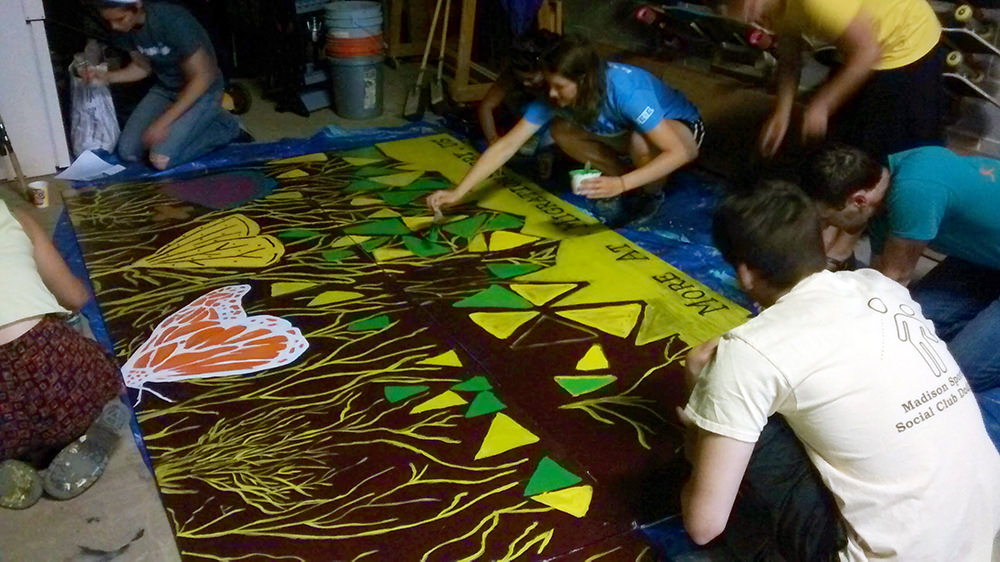

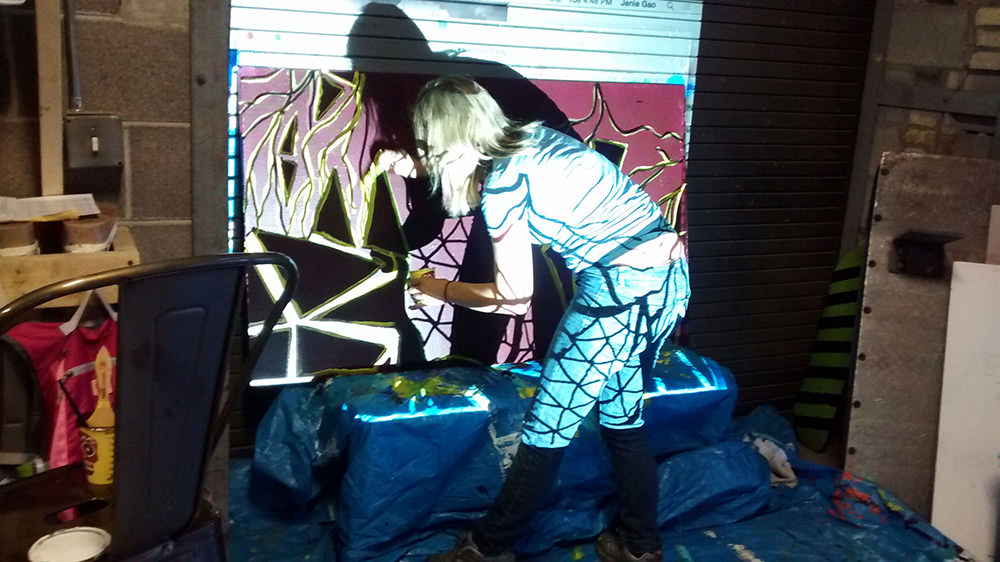




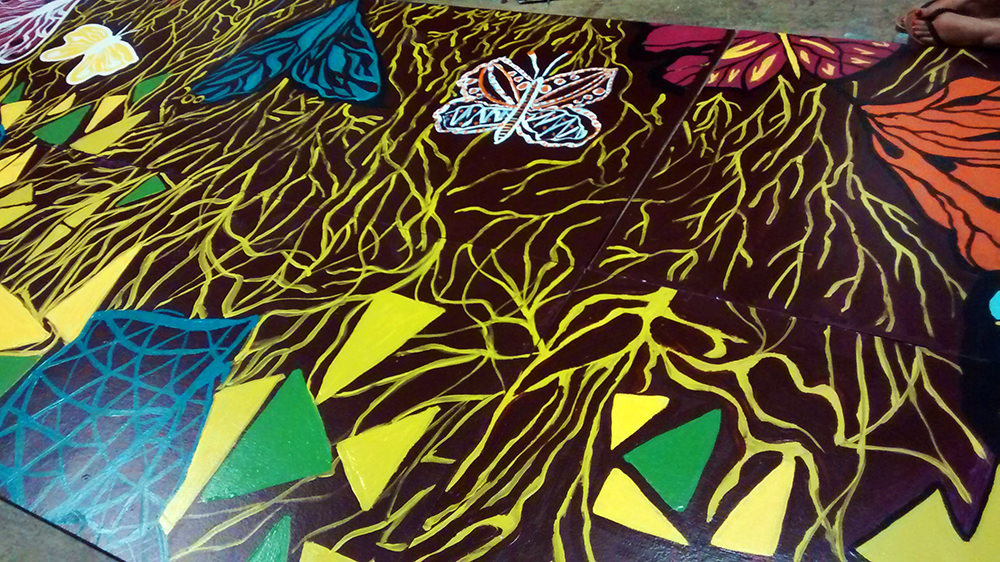

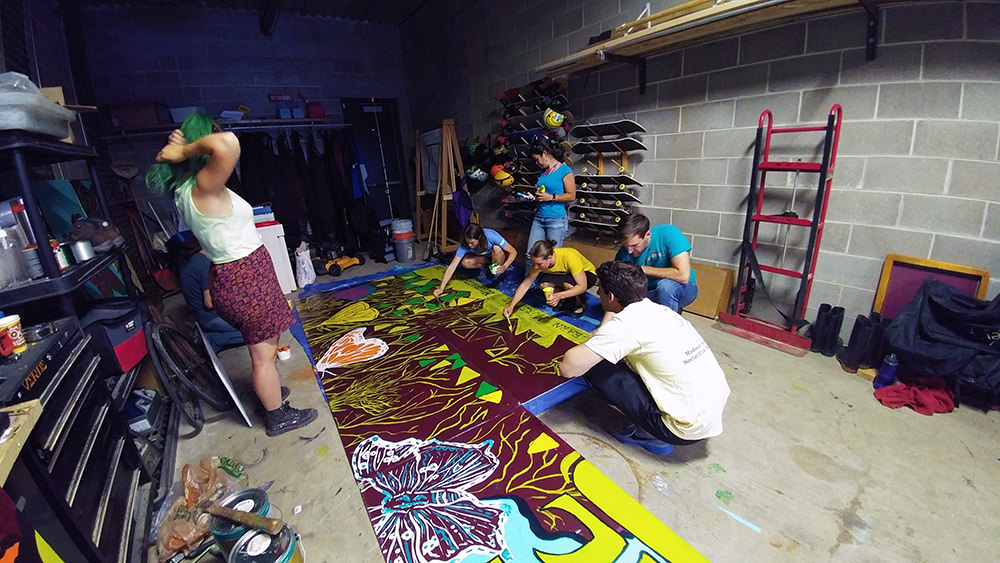




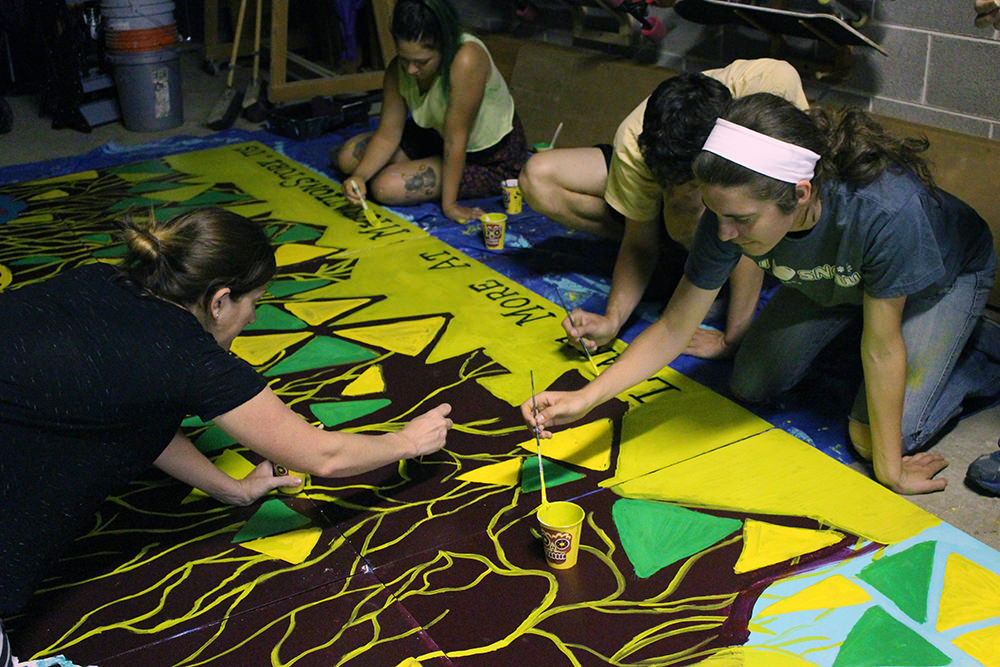
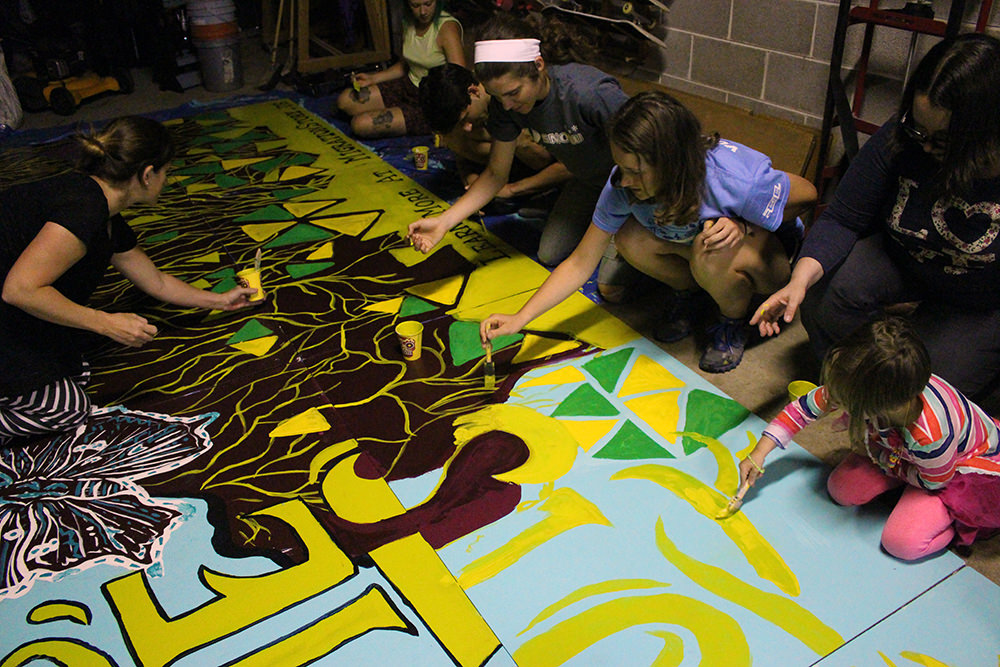


Our final day of painting. Countless thanks go out to everyone who came out for this day. We seriously couldn’t have done this without you, and are excited to feature our collaboration with you for everyone in the neighborhood to see come August.



















We dedicated a few of our workshops to the role of the arts in social movements. Here are some of the examples from our classes.
These are inexpensive booklets sold at fairs and by street vendors in Brazil. They cover topics from popular songs and poetry to politics and education. This format for spreading a message quickly and cheaply has been used in social and political movements across cultures (chapbooks in Europe and papel volante in Portugal).
The invention of printing played an instrumental, disruptive role in human society. It democratized literacy, information, and education. These pamphlets are just one of many examples of how printing gave us the power to communicate and share with the masses.
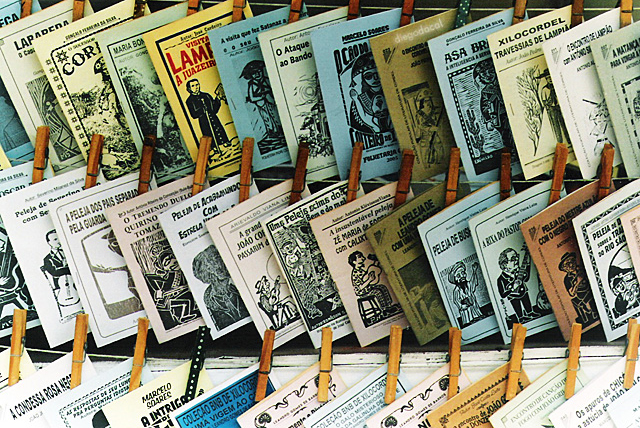
Wikipedia Article on Literatura de Cordel
Like print, social media has become the tool for disseminating information quickly and inciting social movements. Our online posts are our modern-day “pamphlets,” and hashtags are a way to organize our messages into a movement that others can easily follow, find, and share. Here are some examples of how different people and groups have made their messages travel using social media and hashtags.
#TheRealUW is a hashtag that UW-Madison Athletics created, but after three racial hate incidents occurred on campus in March towards students of color, outraged students usurped #TheRealUW hashtag to point out the racial problems on campus that the school has not addressed.
If you Google #TheRealUW the top search results all have to do with race and the students’ movement.
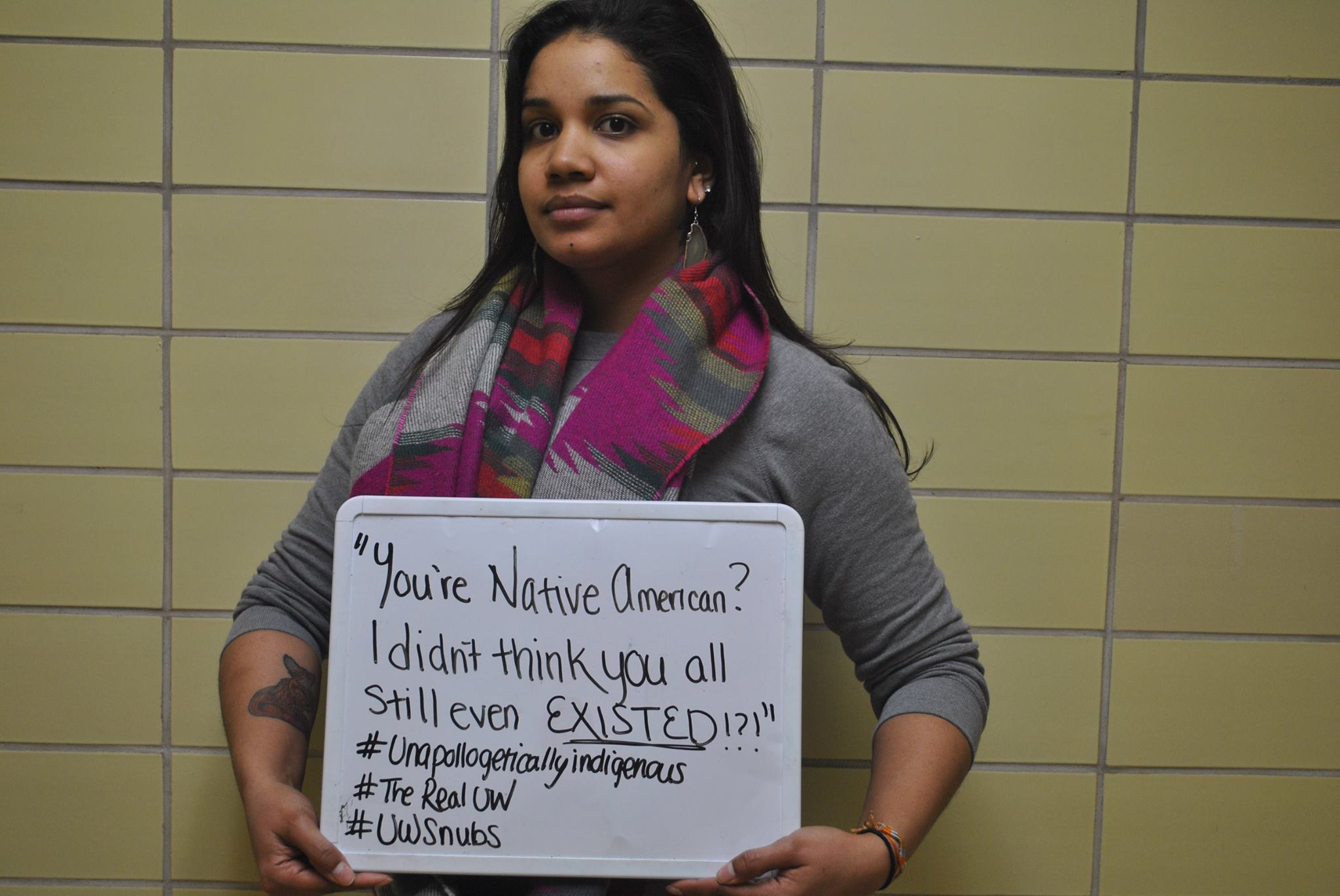
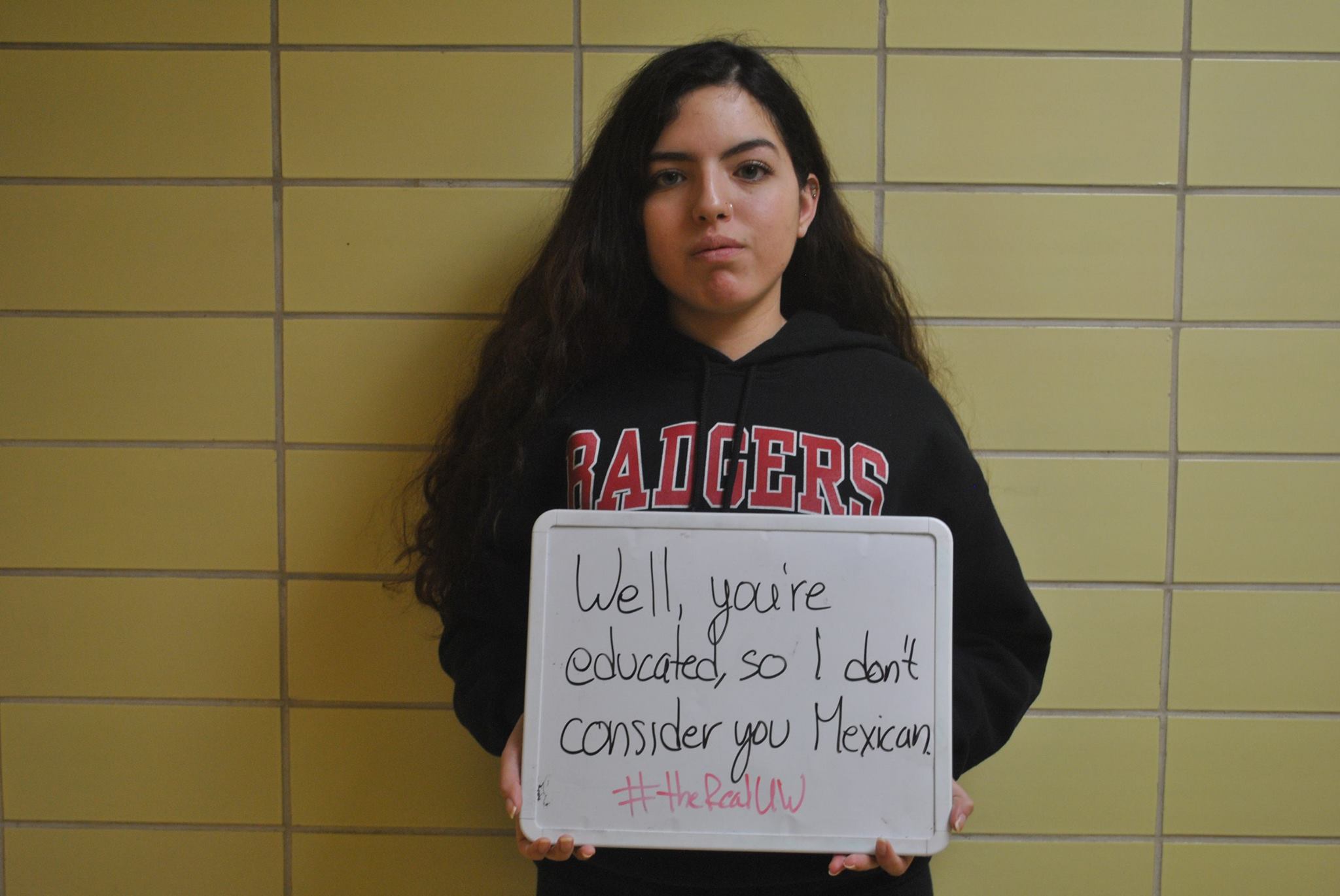
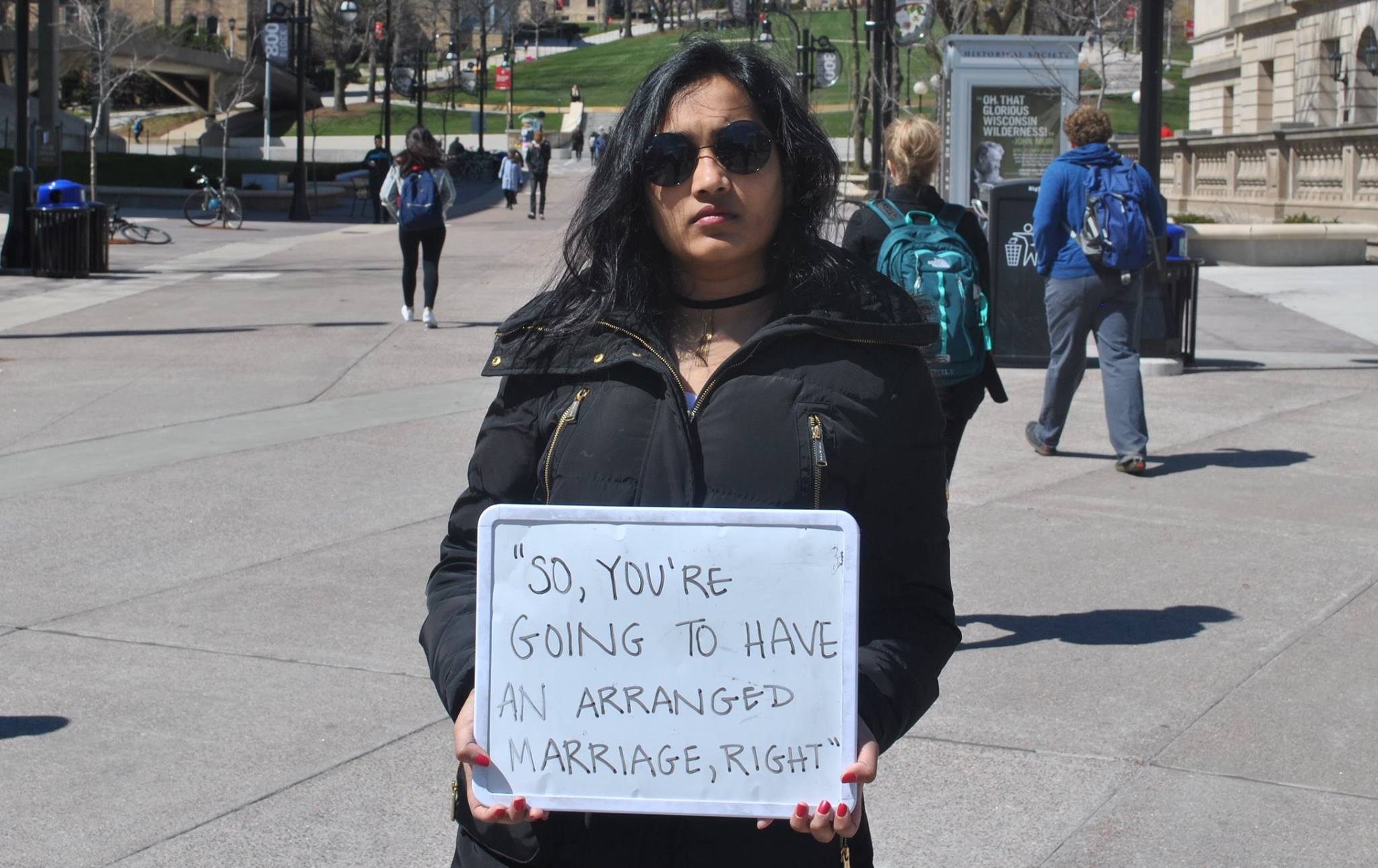
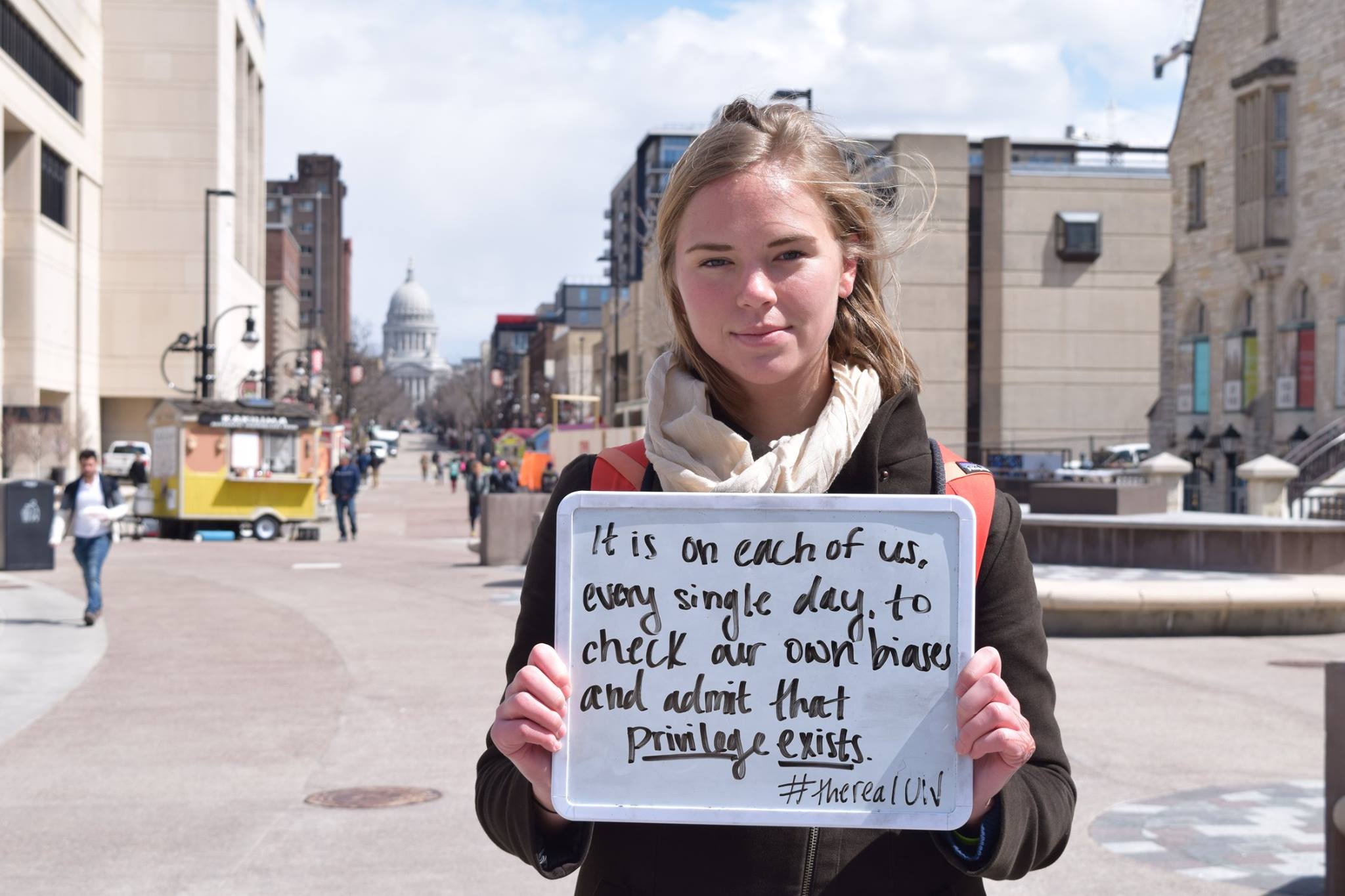
Articles about #TheRealUW
#TheRealUW: A Social Media Movement is Forcing UW-Madison to confront its race problems
#TheRealUW: Students tell stories of racial bias, UW not doing enough
The story after it got picked up by BuzzFeed
I’m listening to our students at #therealuw. Thank you for sharing these difficult stories. Your openness will educate and make UW better.
— Becky Blank (@BeckyBlank) March 14, 2016
A mother shared the above Facebook Status when Trump’s claim that he would ban all Muslims scared her daughter that their family would be deported. The status went viral, and military veterans responded with the following messages and the hashtag #IWillProtectYou.
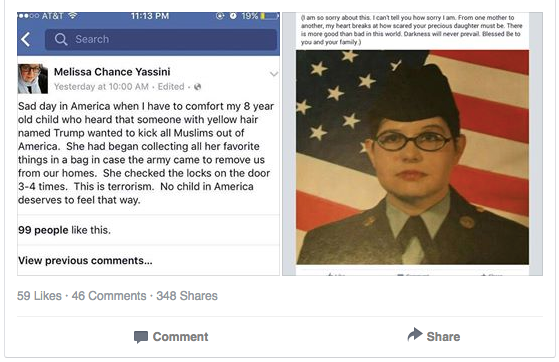
Sofia. I’m a veteran of the #Navy and I also swore an oath to protect all Americans. #iwillprotectyou pic.twitter.com/tXdeN8PJSp
— NanoRoseWhitewater (@NanoRoseW) March 29, 2016
Sofia, do not fear. You are the reason we serve. #iwillprotectyou #USNavy pic.twitter.com/lV8QEY90Tt
— Dimitri Roberts (@DimitriNRoberts) March 17, 2016
News Story on #IWillProtectYou
Technology is undoubtedly powerful. How can we harness this power effectively, ethically, and meaningfully? How can we use it not only to drive our own ideas, but also empower others to ask good questions and imagine new possibilities?
For further reading on our use of social media, check out this article on how Social Media was used after the Paris attacks and ways to build a caring community.

Escuela Verde designs its courses around project-based and student-led learning.
Immigration is a salient–and sensitive–topic in our current political and social climate. It’s something that impacts many of us directly, as first- and second-generation immigrant families, as the members of families that include both documented and undocumented relatives. And while many people in the U.S. have been here for generations, the vast majority are the descendants of immigrants who also migrated in search of opportunities and a better life.
Together as staff and students, we set some expectations upfront to guide our conversations and concepts.
What we did not want:
What we did want:
Immigration isn’t new, and it has always been necessary in the development and progress of human societies, culturally and economically. It isn’t unique to humans, either. It has always been a means for growth, development, and the renewal of the resources we depend on.
So if we know this, how can we write our policies to facilitate the benefits of immigration, rather than hinder our progress, or worse, divide us and further drive our inequities?
To better understand this subject matter, we spent some time talking about the different effects of immigration, and the positives and negatives that come with those effects.
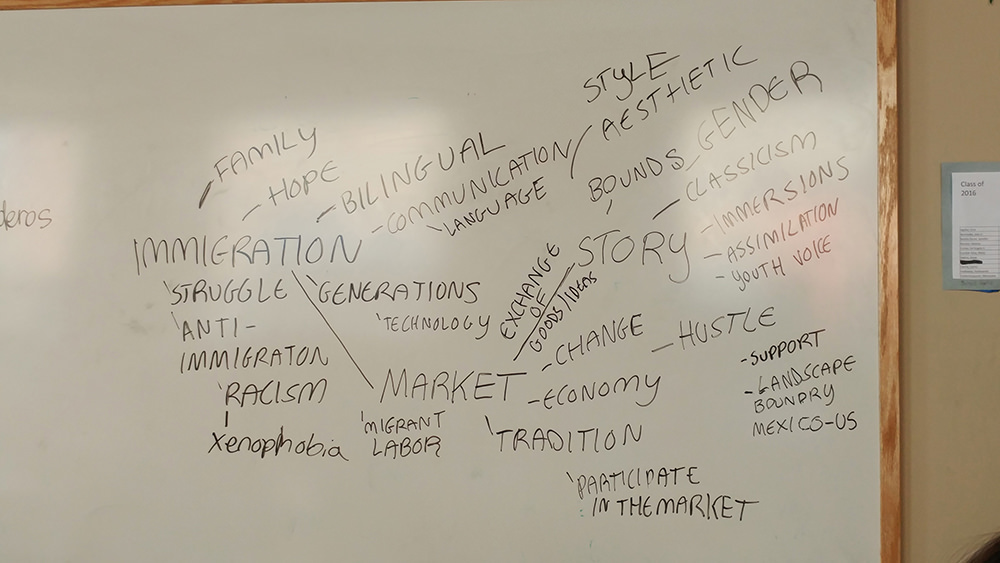
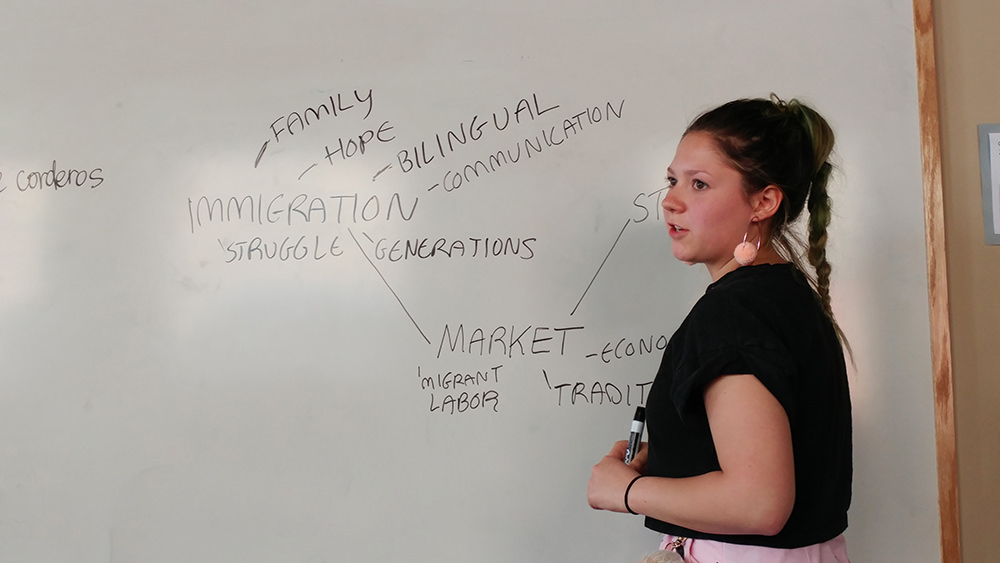
For one of our workshops, we asked students to bring in immigrant stories. They could be stories from their own families or from their neighbors.
Here are two drawings that show some of the common themes that emerged from our story sharing.
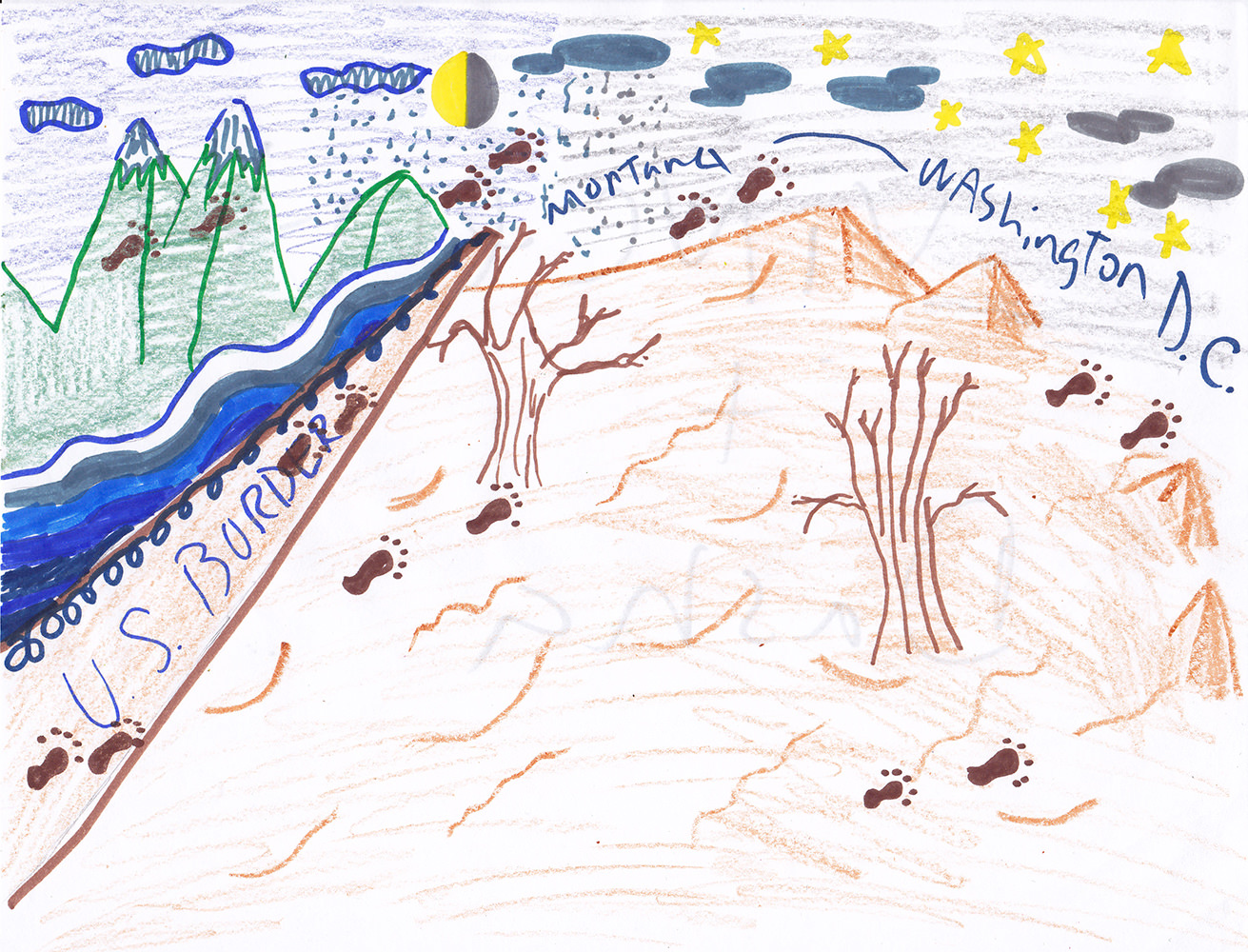
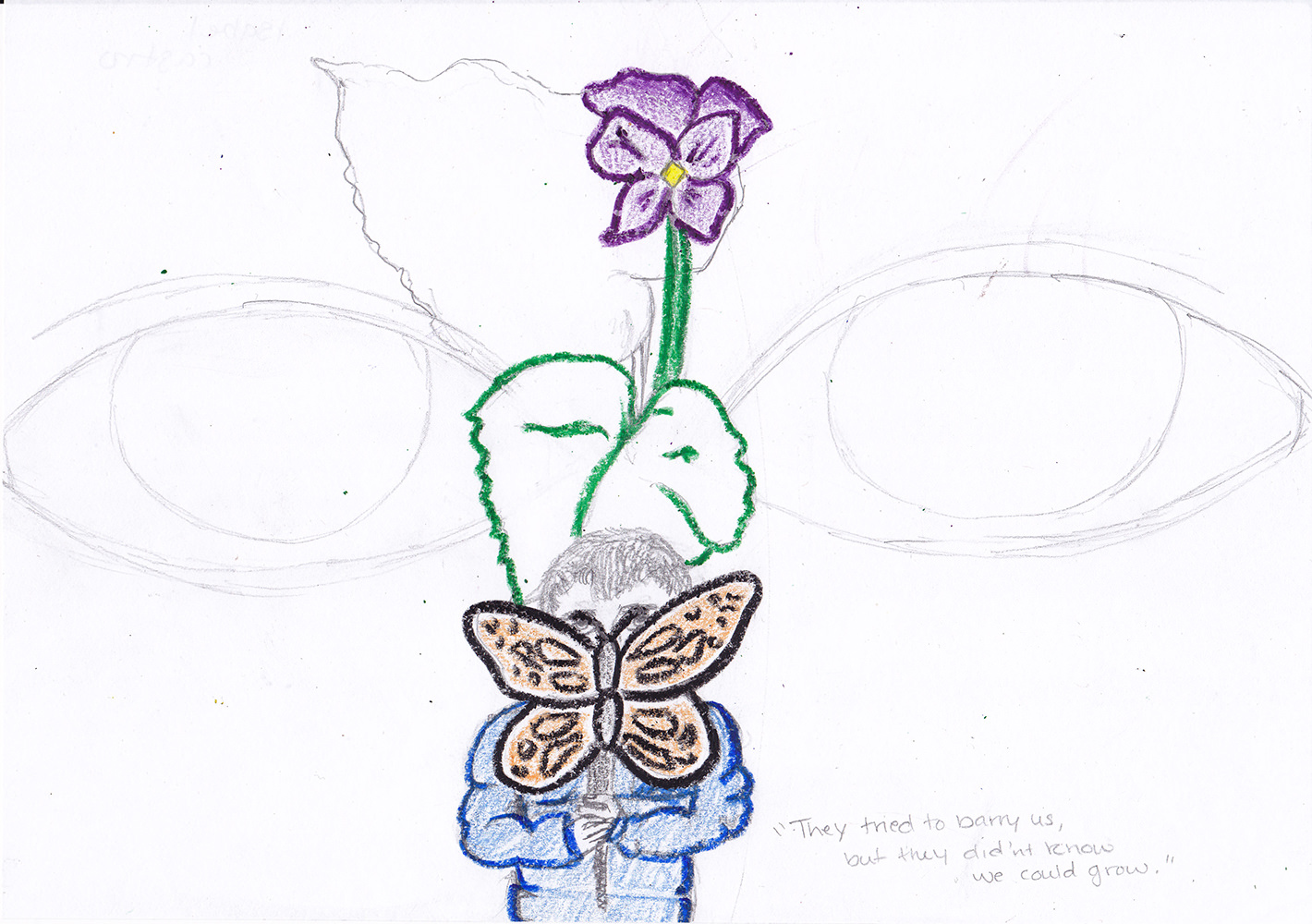
You must be logged in to post a comment.